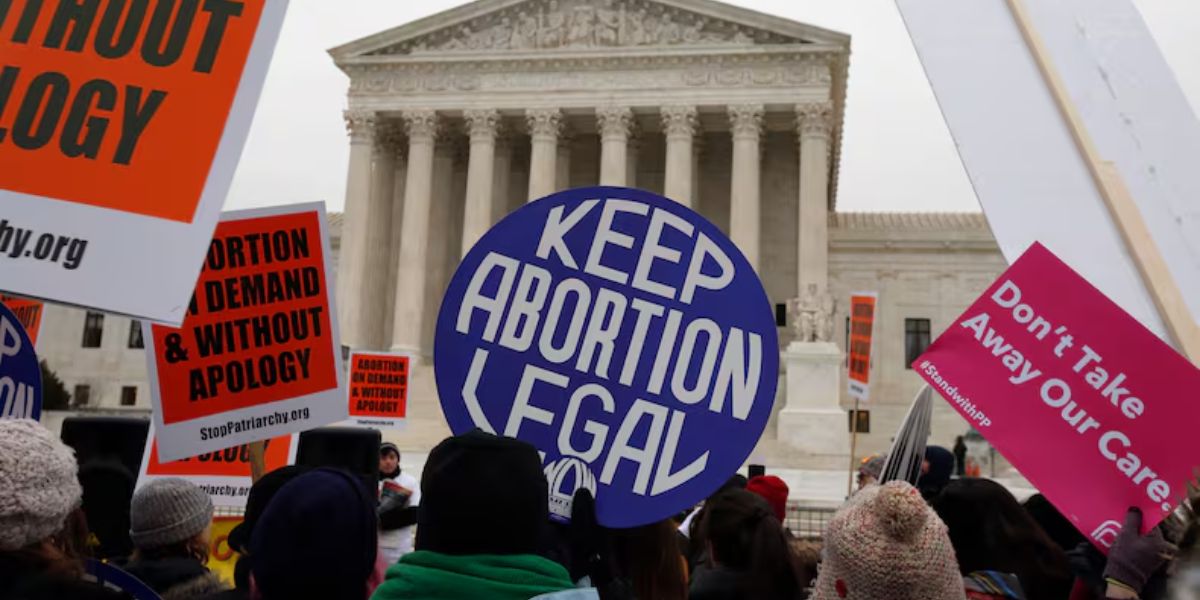Early Thursday morning, House Republicans approved President Donald Trump’s sweeping tax and spending cuts package. During the late-night House floor debate, Rep. Thomas Massie (R-KY) sharply criticized the bill. The nonpartisan Congressional Budget Office estimates the bill will add $3.8 trillion to the U.S. debt.
In the early hours of Thursday morning, House Republicans passed President Donald Trump’s expansive tax and spending cuts package, marking a significant move in the administration’s fiscal agenda. However, the bill faced sharp criticism from some members of the Republican Party during the House floor debate.
Representative Thomas Massie (R-KY) was among the most vocal critics, expressing serious concerns about the long-term impact of the legislation. Massie highlighted the bill’s potential to drastically increase the national debt, warning that the package could place a heavy financial burden on future generations.
The nonpartisan Congressional Budget Office (CBO) estimates that the bill will add approximately $3.8 trillion to the U.S. debt over the coming decade. This projection has fueled worries among fiscal conservatives who argue that the bill’s tax cuts and spending increases lack sufficient offsets, risking the country’s financial stability.
Supporters of the bill argue that the tax cuts will stimulate economic growth, leading to job creation and increased government revenues in the long run. They maintain that the legislation is essential to fulfilling Trump’s campaign promises to reduce taxes and boost the economy.
Despite the partisan divide, the bill’s passage in the House signals a crucial step forward for the administration’s priorities. It now moves to the Senate, where it is expected to face further debate and potential revisions.
As the nation watches closely, the discussion around the bill underscores a growing rift within the Republican Party between those prioritizing fiscal conservatism and those focused on aggressive economic stimulus.

 by
by 

